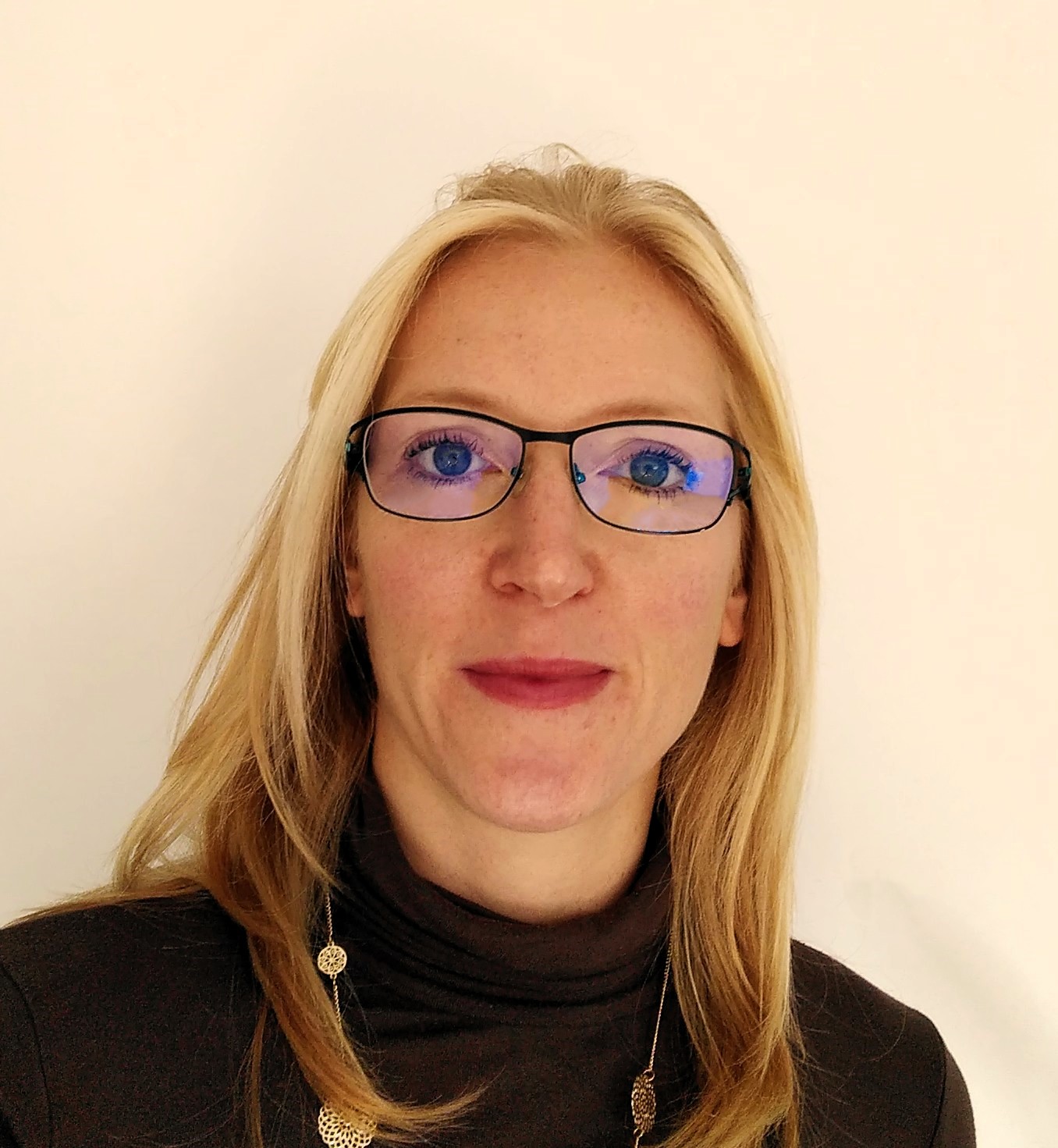Sylvie Campagne, working on socio-ecological systems through ecosystem services in a multidisciplinary approach

Dr Sylvie Campagne works in a multidisciplinary way on socio-ecological systems through ecosystem services, and is keen to further explore these issues and their vulnerability to global change.
[BIENVENUE Team]: Hello Sylvie, what is your background?
With a background in biology and ecology, I did my first scientific studies in environmental economics and then went on to study ecology, sociology and the interaction between science and politics. My multidisciplinary studies focus on the study of the socio-ecological system, with an evaluation of the positive and negative contributions of nature and ecological condition. I have had the opportunity to carry out terminological studies, methodological developments and assessments of the biophysical, economic and social value of ecosystem services. My work aims to develop knowledge to meet the needs of society. Ecosystem services studies are carried out mainly in response to the major problems caused by global change and its impacts on society. Although strongly oriented towards applied research, I am currently working on a more fundamental approach to assessing trends in marine ecosystem services in the face of global change.
[BIENVENUE Team]: Why did you chose to do scientific research?
When I went to university after my baccalauréat, I never thought I’d end up as a doctor! I did a bachelor’s degree with a lot of hard work. All I could think about was passing my exams, one term at a time, but I got my bachelor’s degree and then took the gamble of doing a professional master’s (Ecology and Biodiversity Management Engineering in Montpellier). I found the most fulfilment in the many projects in the master’s programme and especially in the two internships I did in research centres. In the third year of my undergraduate degree, I became fascinated with the Millennium Ecosystem Assessment and the concept of ecosystem services, which I was able to study in the two Master’s placements While the intellectual stimulation of the academic world had me spellbound, my supervisors suggested that I do a PhD. I was lucky enough to get two PhD grants, so I was able to choose my subject. This marked the beginning of my research career, which I find both fascinating and inspiring as if: “Working in research is like opening a door to discover a room full of things that need tidying up, and once you’ve done that, you discover other doors that are just waiting to be opened”.
[BIENVENUE Team]: What is your IMACES project about ?
The IMACES project (Impact of global changes on Marine and Coastal Ecosystems Services) studies the impact of global change factors on marine cultural services.
Because of their dependence on nature, society and its economy are and will be under pressure from global change. The economy relies on many ecosystems resources and functions that are taken into account in ecosystems service assessments. It is therefore essential to understand how ecosystems services are and will be affected. The economy and its transition to prepare the global change are at the heart of the Brittany 2021 – 2027 regional research and innovation strategy, as well as our project, which focuses on the analysis of ecosystems services and their evolution in the face of global change.
Two approaches, a meta-analysis and a perception analysis, will be carried out and compared to understand how global changes linked to the dynamics of marine and coastal ecosystems impact their ecosystems services, with a focus on cultural services, which are generally sidelined compared to other categories of services. A meta-analysis will provide trends in changes in cultural services due to global change based on their literature (part 1). Next, an analysis of manager’s perceptions will provide current expert knowledge (part 2). The results of the two approaches will be compared in order to highlight the divergences and convergences between knowledge within and outside the academic world (part 3).
Finally, the communication, dissemination and exploitation of the results will be organised through the production of scientific articles, a technical article and presentation at scientific conferences and science-policy interface seminars. The final objectives is to develop knowledge between the different perceptions (knowledge of managers) and the scientific results in order to initiate targeted and priority actions, management and awareness-raising efforts to conserve and sustainability use the cultural services of marine ecosystems, but also to prepare for future changes in ecosystem services.
[BIENVENUE Team]: Why did you chose to implement your project at the Roscoff Biological Station?
The Roscoff Biological Station is a research and training centre in marine biology and ecology, run jointly by Sorbonne University and the CNRS. Its mission are as follows:
- To promote research and academic teaching on the biology of marine organisms and ecosystems
- To provide access to the site’s ecological and biological resources, for the benefit of the national and transnational scientific community
- To carry out a series of long-term observations of the physico-chemical and biological characteristics of the coastal environment
At the SBR, the “Adaptation and Diversity in the Marine Environment” laboratory, which I have chosen to carry out my project, has considerable expertise in biodiversity monitoring and the ecology of coastal ecosystems. The skills and knowledge available in the laboratory are extremly relevant and complementary to my own expertise to ensure that the proposed project runs smoothly and that the data is fully interpreted. I will also benefit from the existing links between some of the laboratory’s researchers (e.g. Prof. E. Thiebaut, Prof. D. Davoult) and local and regional stakeholders.
Thank you Sylvie!